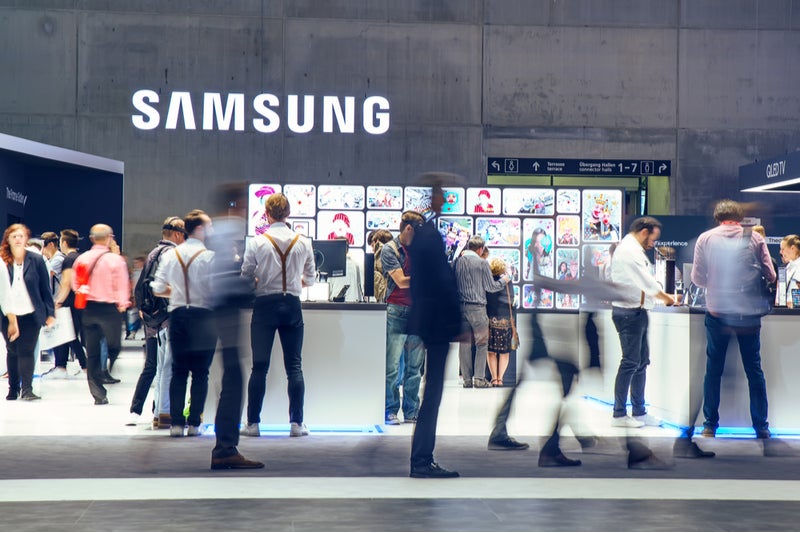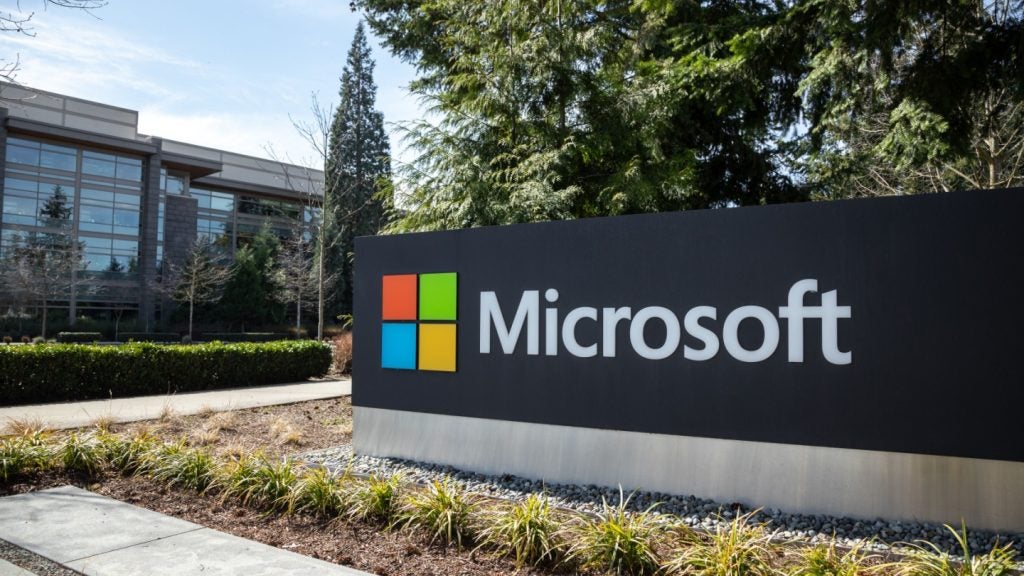
A dispute over the 2018 conclusion to a South Korean court case that resulted in Japanese company Mitsubishi being ordered to pay reparations for wartime forced labour has provoked a reaction from the Japanese government in the form of trade restrictions.
How did Samsung become ensnared in a trade spat?
The issue of forced labour during Japan’s 1910-45 occupation of the Korean peninsula has long soured relations between the two nations leading to calls for compensation by Korean workers.
The Japanese authorities said exports curbs will compel domestic chemical manufacturers to apply for an export license to supply the goods to South Korean companies. These licences can take up to 90 days to be granted.
Sanctions on semiconductors such as fluorinated polyamide, photoresists and hydrogen fluoride, are a significant threat to the supply chain for South Korean chip manufacturers, which rely heavily on Japanese supply.
Samsung is the company most affected by these trade restrictions. The tech giant is in the midst of an ambitious plan to double its share in the advanced chip market from the 10% currently to a 23% share by 2023.
Also, Japanese restrictions are likely to delay the launch of Samsung’s cutting-edge seven-nanometer chip, which was set to become its flagship technology.
How well do you really know your competitors?
Access the most comprehensive Company Profiles on the market, powered by GlobalData. Save hours of research. Gain competitive edge.

Thank you!
Your download email will arrive shortly
Not ready to buy yet? Download a free sample
We are confident about the unique quality of our Company Profiles. However, we want you to make the most beneficial decision for your business, so we offer a free sample that you can download by submitting the below form
By GlobalDataWinners and losers
The South Korea-Japan row has ended up benefiting the current advanced chip market leader Taiwan Semiconductor Manufacturing Co.
Should these restrictions continue over the long term, it may also affect the rollout of Samsung’s high-end smartphone and 5G equipment, which is likely to have a deeper impact on the tech industry, since Samsung produce chips for other manufacturers as well.
Exports restrictions could backfire for Japan if South Korea decides to retaliate.
Japan has previously insisted that the issue of forced labour in wartime were settled by a 1965 treaty under which it paid compensation to South Korea.
In the face of the upcoming election, Japanese prime minister Shinzo Abe is determined to keep export restrictions unless South Korea reverses the decision issued by the court.
Should South Korea itself counteract with export restrictions, it could hurt Japan badly, since the peninsular country is Japan’s second-biggest export market.
In the meantime, the South Korean government has focused on keeping domestic manufacturers at ease, promising economic compensation for the export restriction. Although President Moon Jae-in has warned these companies that this might be a lasting bureaucratic scramble.
The South Korean government has complained to the World Trade Organisation, arguing that Japan’s export curbs violate free trade. The Japanese ambassador has responded by stating that the measures are just an operational review based on security concerns.







Related Company Profiles
Mitsubishi Corp
Taiwan Semiconductor Manufacturing Co Ltd